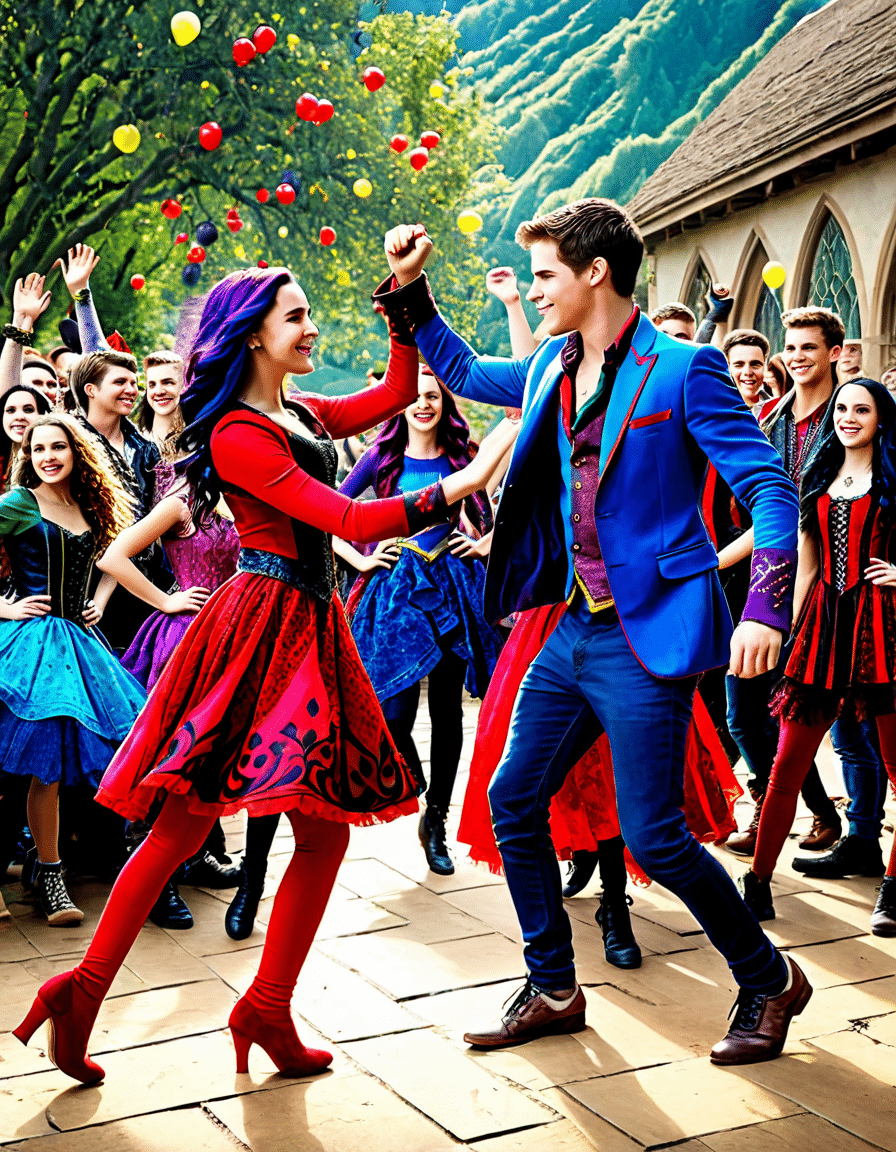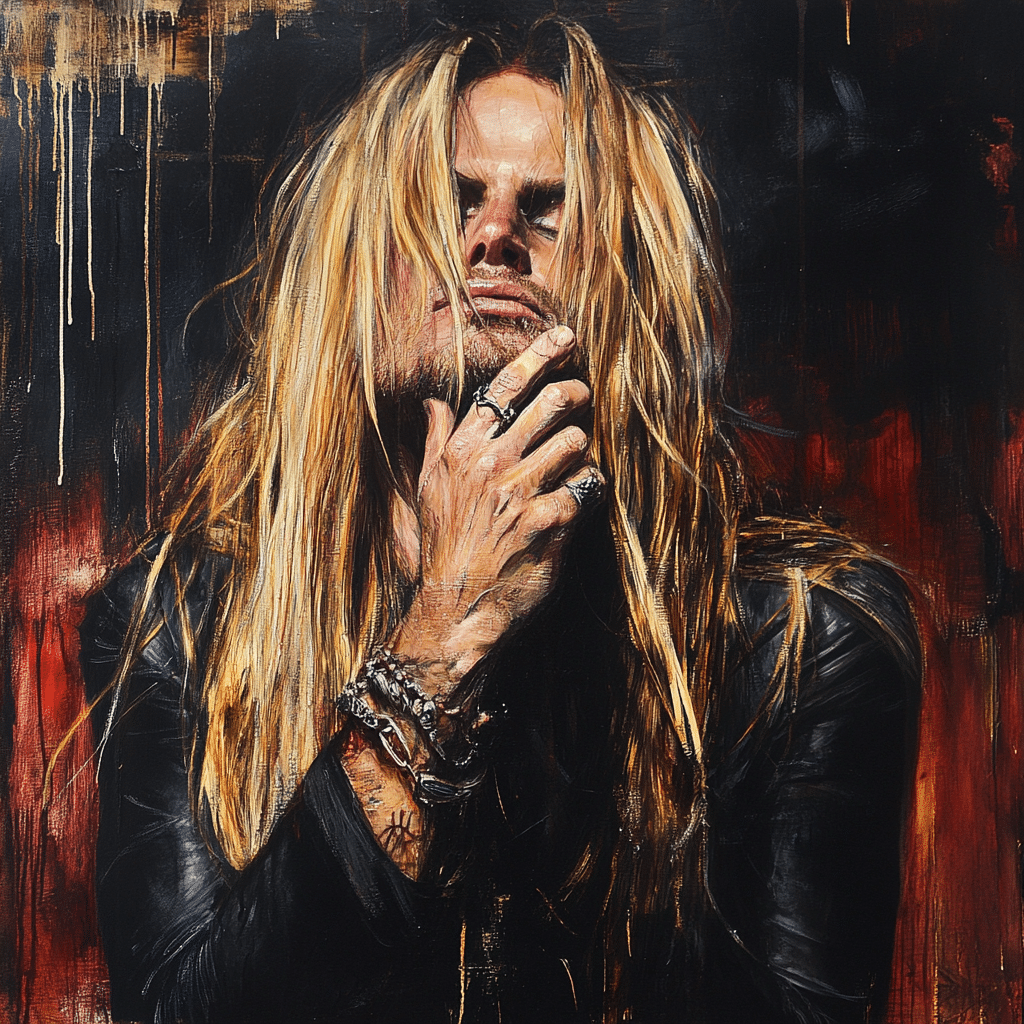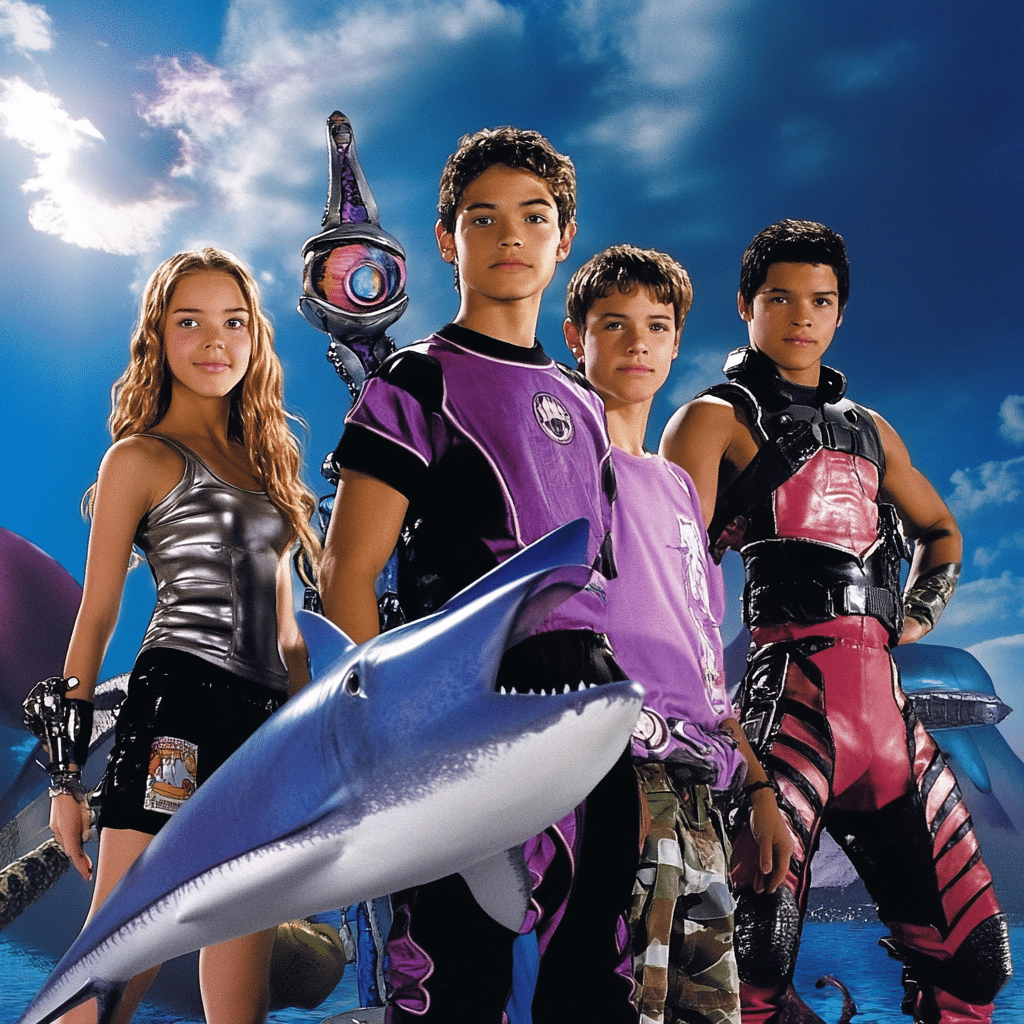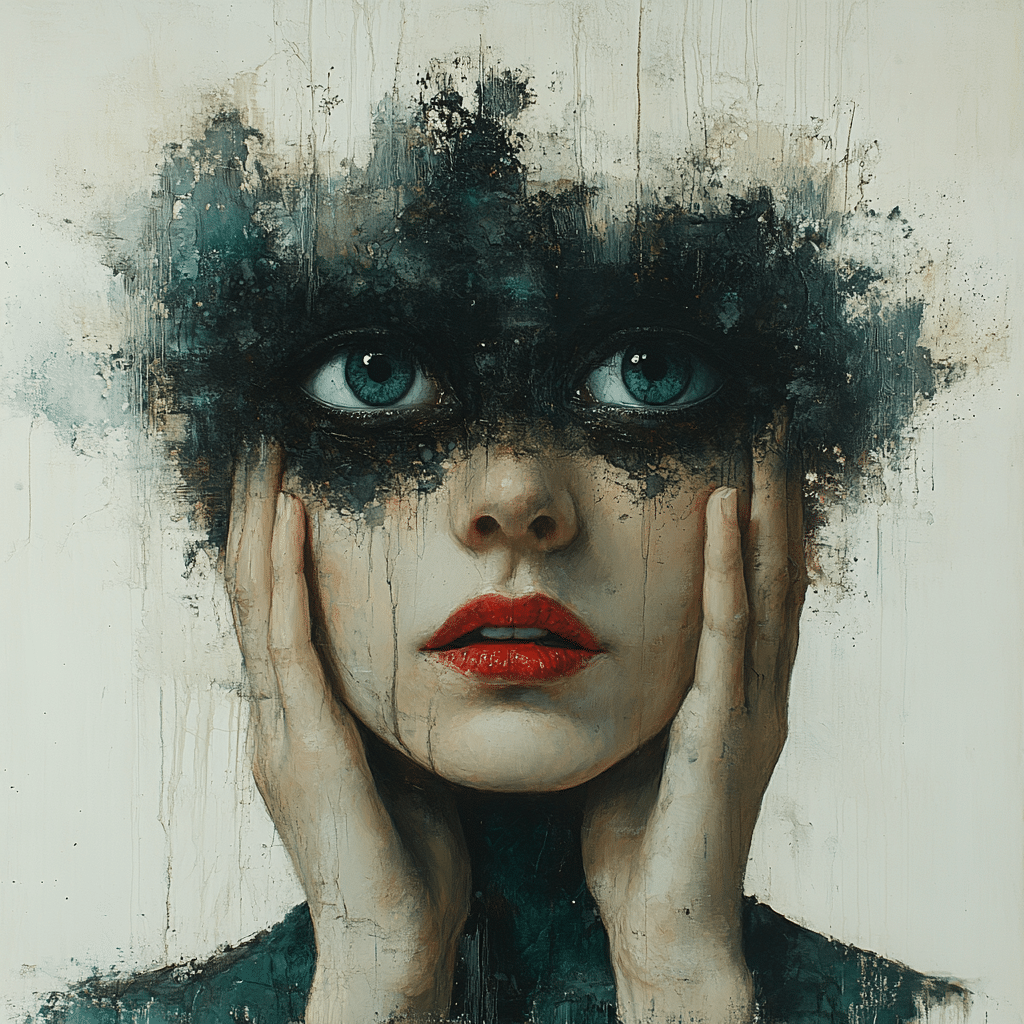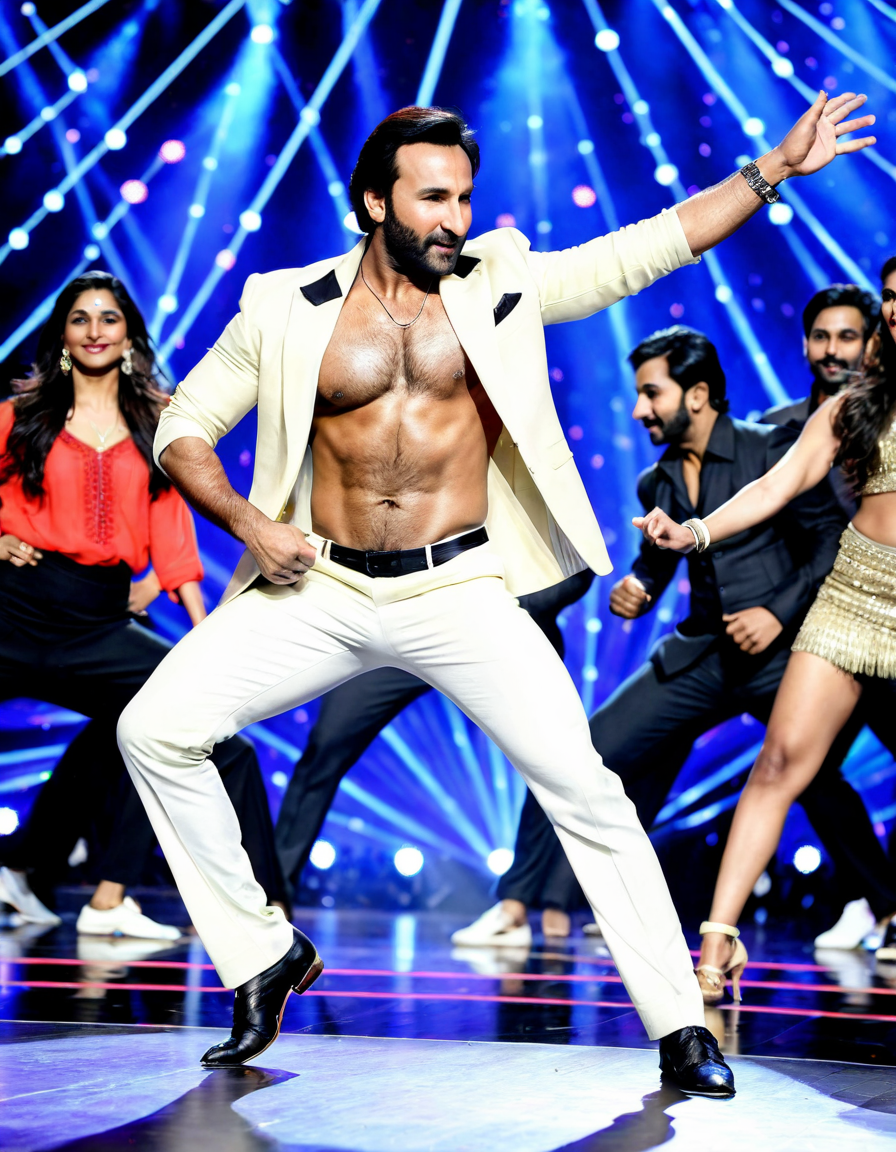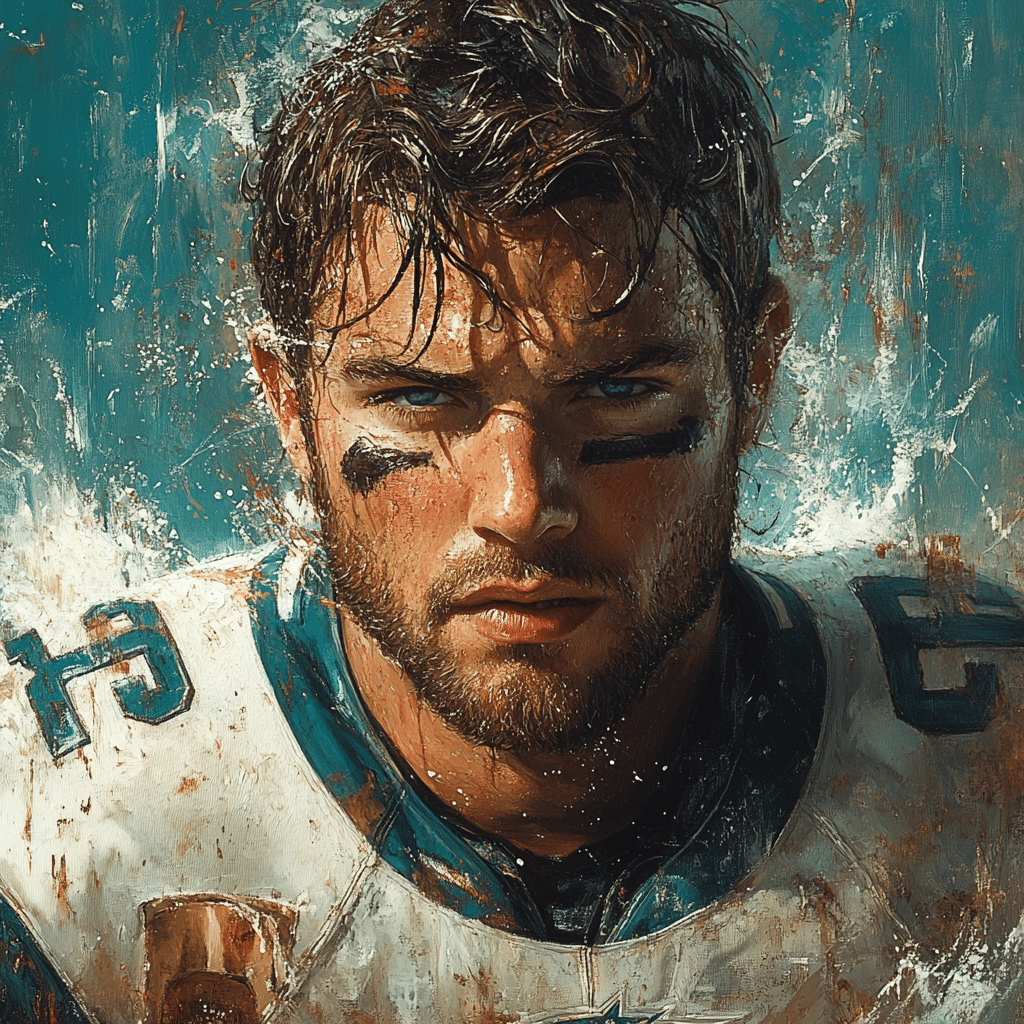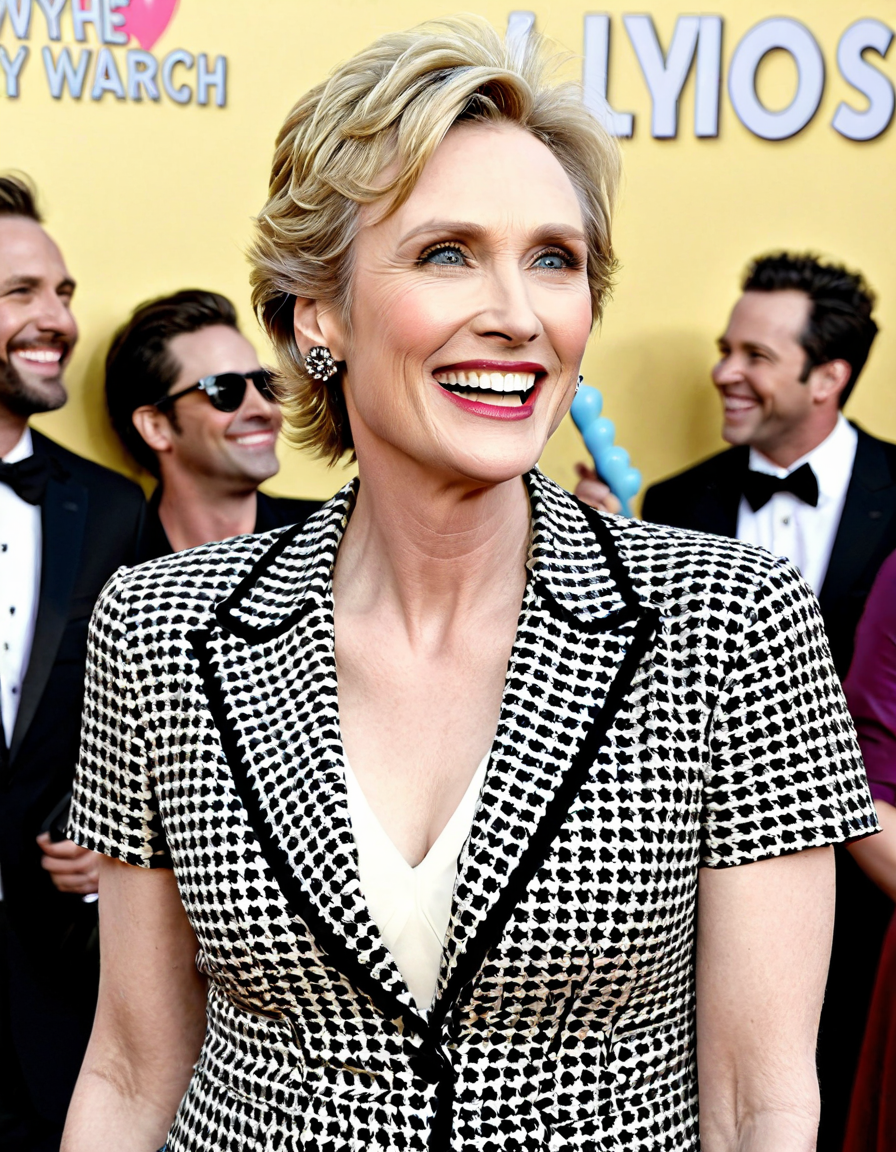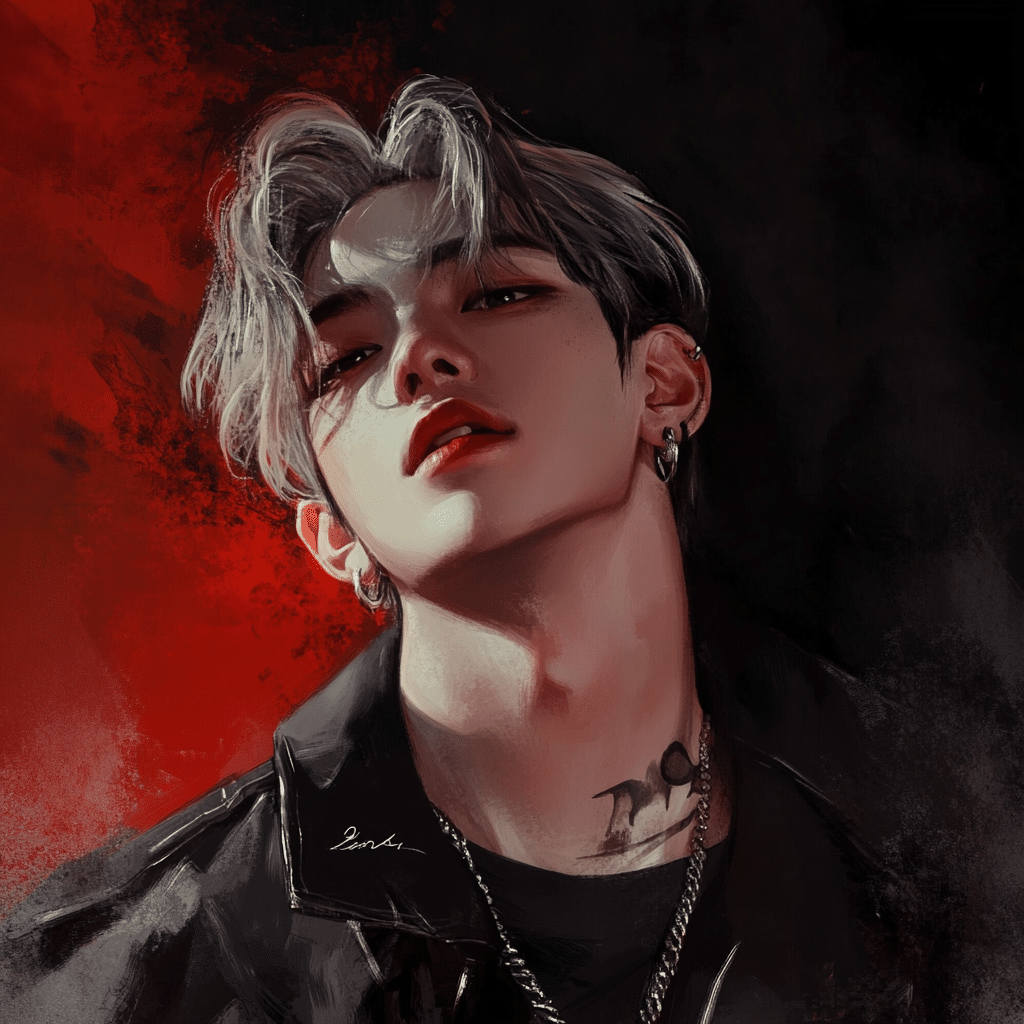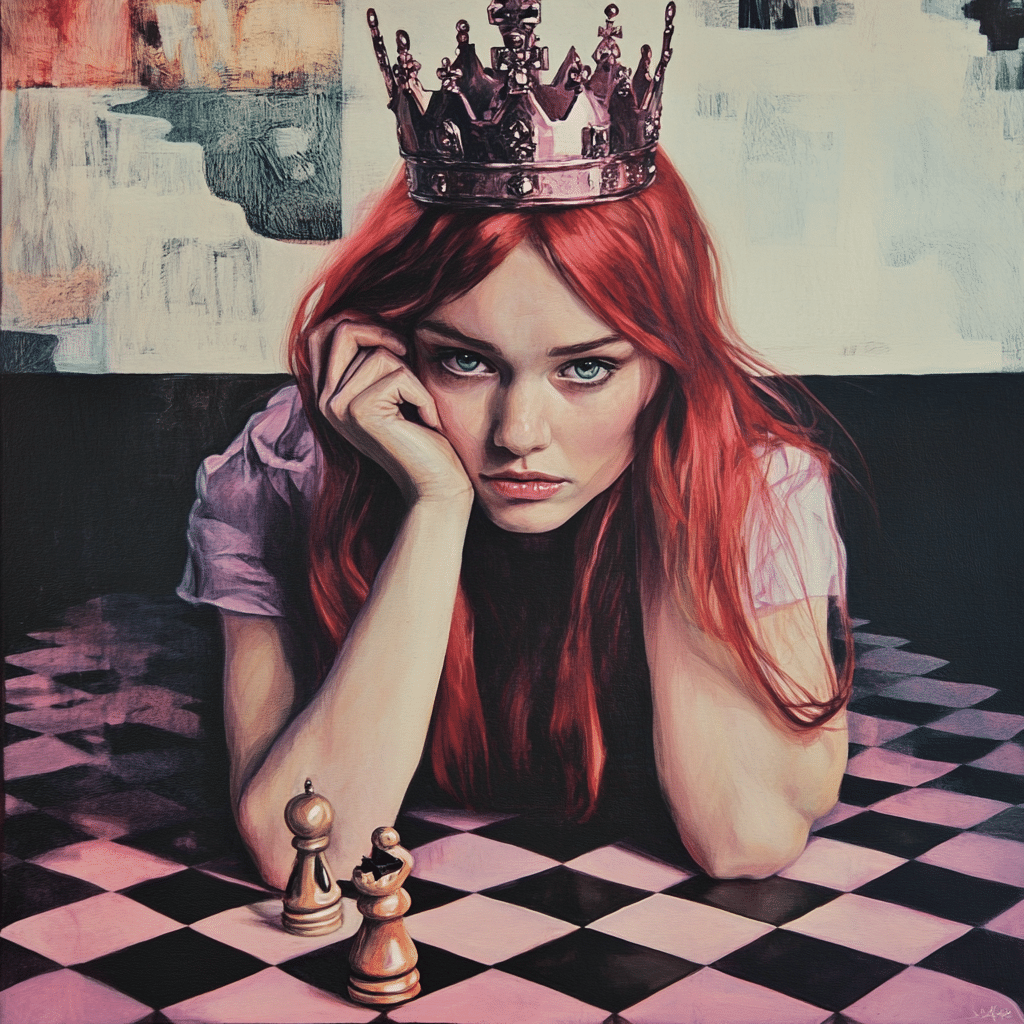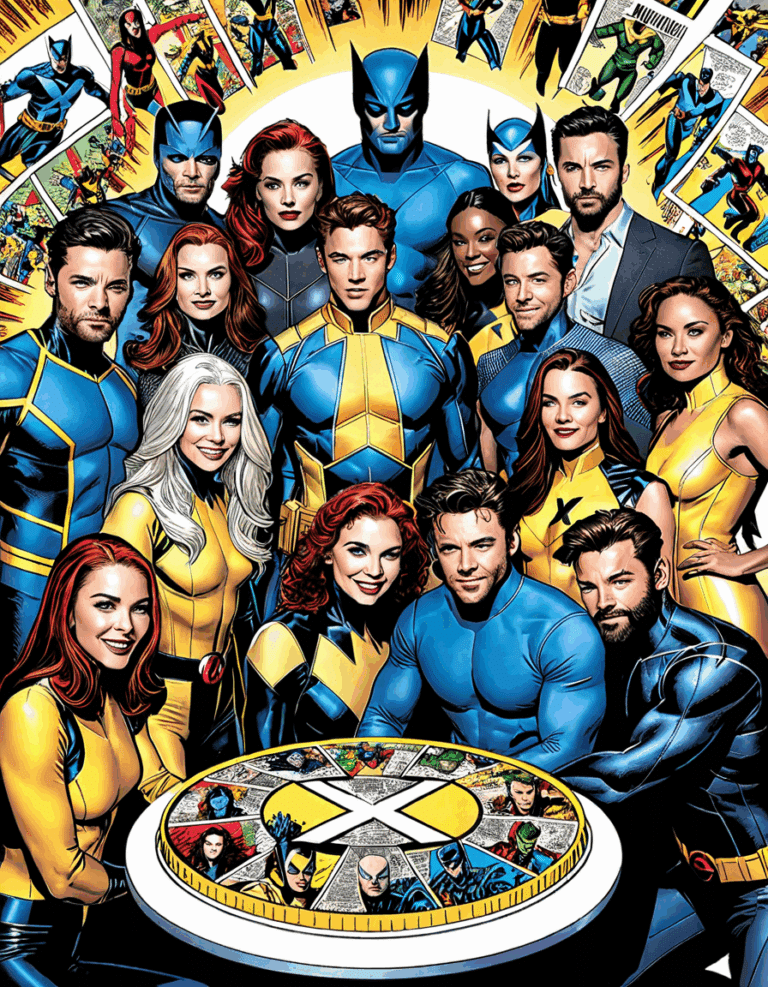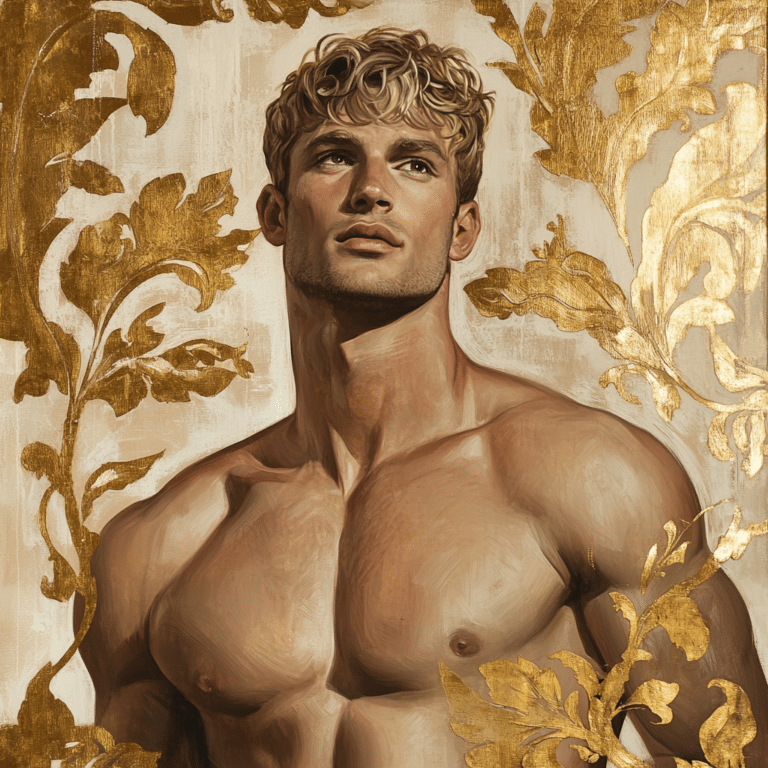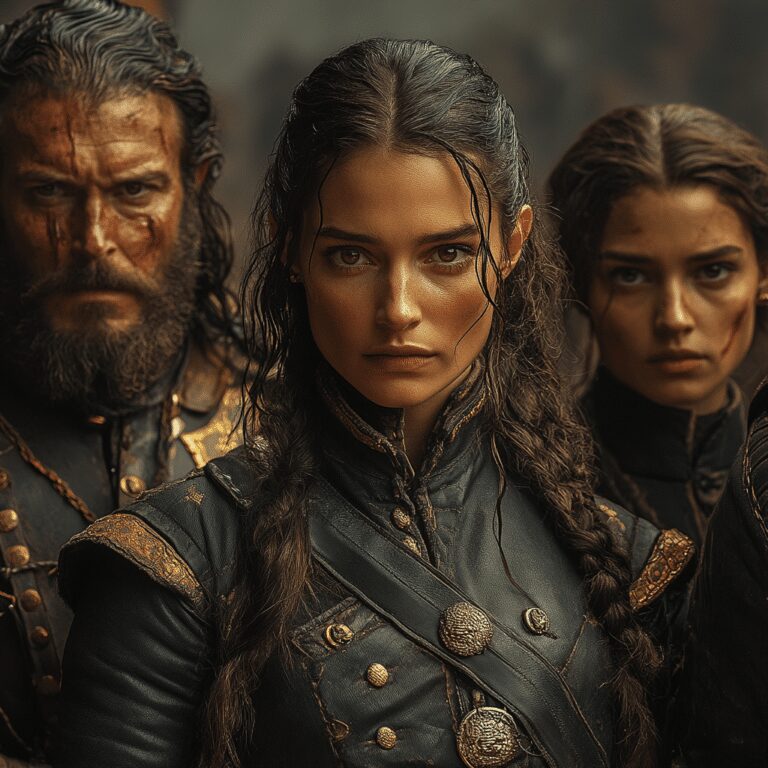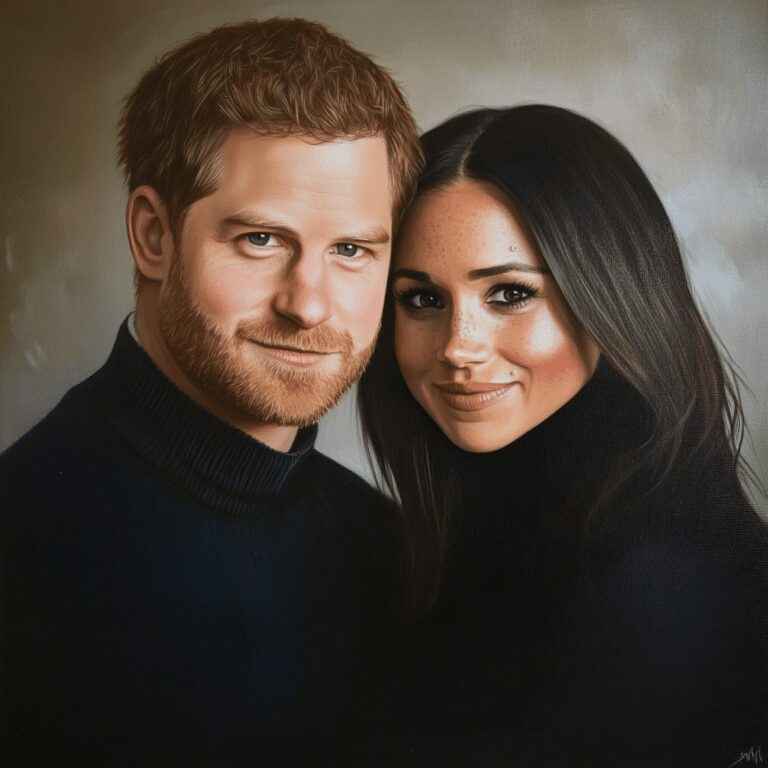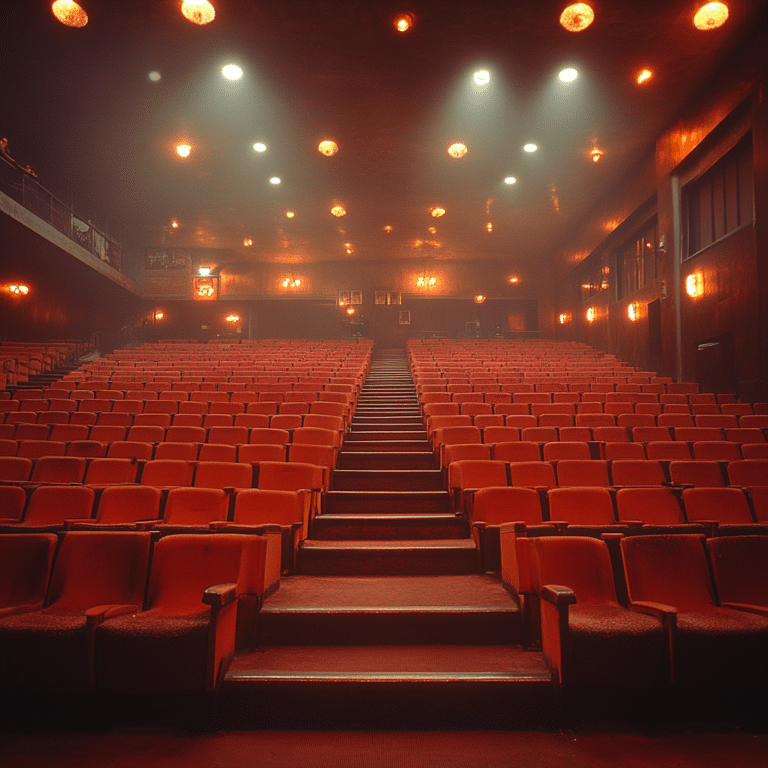The X-Men franchise isn’t just a series of comic books and movies; it’s a phenomenon that has changed the superhero landscape. For decades, the X-Men have captured our hearts and minds with their complex characters, thrilling stories, and relatable social themes. Whether you’re a die-hard fan or new to the universe, there’s something in the X-Men saga that resonates deeply, making it truly iconic. So, let’s dive in and discover the heartbeat of this universe through the heroes and narratives that have defined a generation!
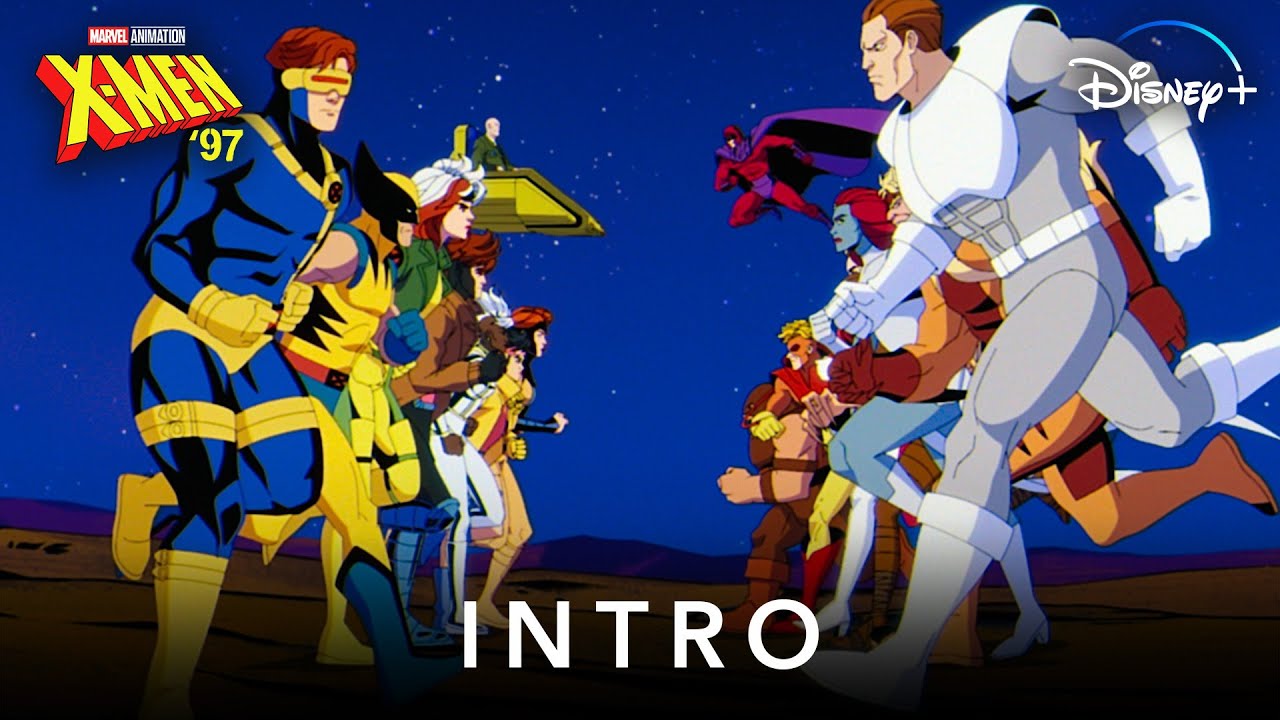
Top 7 X-Men Characters Who Redefined Heroism
Ah, Wolverine! The gruff, adamantium-clawed hero is synonymous with the X-Men brand. Often seen as the tortured anti-hero, Logan grapples with vengeance, loss, and his own nature. In story arcs like “Old Man Logan” and “The Death of Wolverine,” he faces not only external enemies but his own inner demons. This tortured depth makes him relatable, appealing to folks craving a hero who isn’t all sunshine and rainbows.
Let’s talk about Storm, the fierce weather goddess. Ororo Munroe, one of the first black superheroes in mainstream comics, takes us through an emotional rollercoaster of identity and power. Her ability to manipulate the weather symbolizes her journey of self-acceptance and leadership. In stories like “Dust of the Dead,” her strength shines through when she stands up for not just her friends but her beliefs. She’s a powerful reminder that true strength often comes from within.
Jean Grey is a staple in the X-Men lineup, evolving from a telepath to the almost limitless Phoenix Force. “The Dark Phoenix Saga” takes us on a wild ride exploring themes of power and responsibility. It’s a tale of a young woman navigating the temptations of great power and the lingering question of good vs. evil. Jean’s struggle captures the complexity of humanity, reminding us that no one is purely good or evil.
Now, let’s flip the narrative with Magneto, the master of magnetism! He’s not just a villain; he’s a lens through which we can view acceptance and conflict. His ideological clash with Professor X tackles broader societal issues like prejudice and trauma, making him a wonderfully complex anti-hero. The movie “X-Men: First Class” gives us a deeper understanding of his character, showing how pain can shape one’s beliefs and drive a narrative.
Mystique, the ultimate shapeshifter, dives deep into themes of identity and self-acceptance. She’s often caught between the X-Men and the Brotherhood, making her journey one of loyalty and betrayal. Her arc in “X-Men: Days of Future Past” resonates with anyone who has struggled with their identity, questioning where they belong. Truly, Mystique invites us to explore our own moral landscapes.
Here’s a big guy that packs a punch! Colossus, with his metallic skin, stands out not just for his strength but for his unwavering ethics. He serves as a rallying point for the team, especially in intense storylines like “Dangerous.” He epitomizes the struggle of maintaining convictions amid chaos, proving you can be both formidable and principled.
Let’s sprinkle some humor into our list—Deadpool! Initially a villain, he flipped the script to become an anti-hero we can’t resist. His hallmark blend of comedy and tragedy, especially in “Deadpool 2,” brings to light serious themes like trauma and mental health while keeping us laughing. With his self-awareness and candidness, he broadens our understanding of what a superhero can look like, proving that heroes can have fun too!
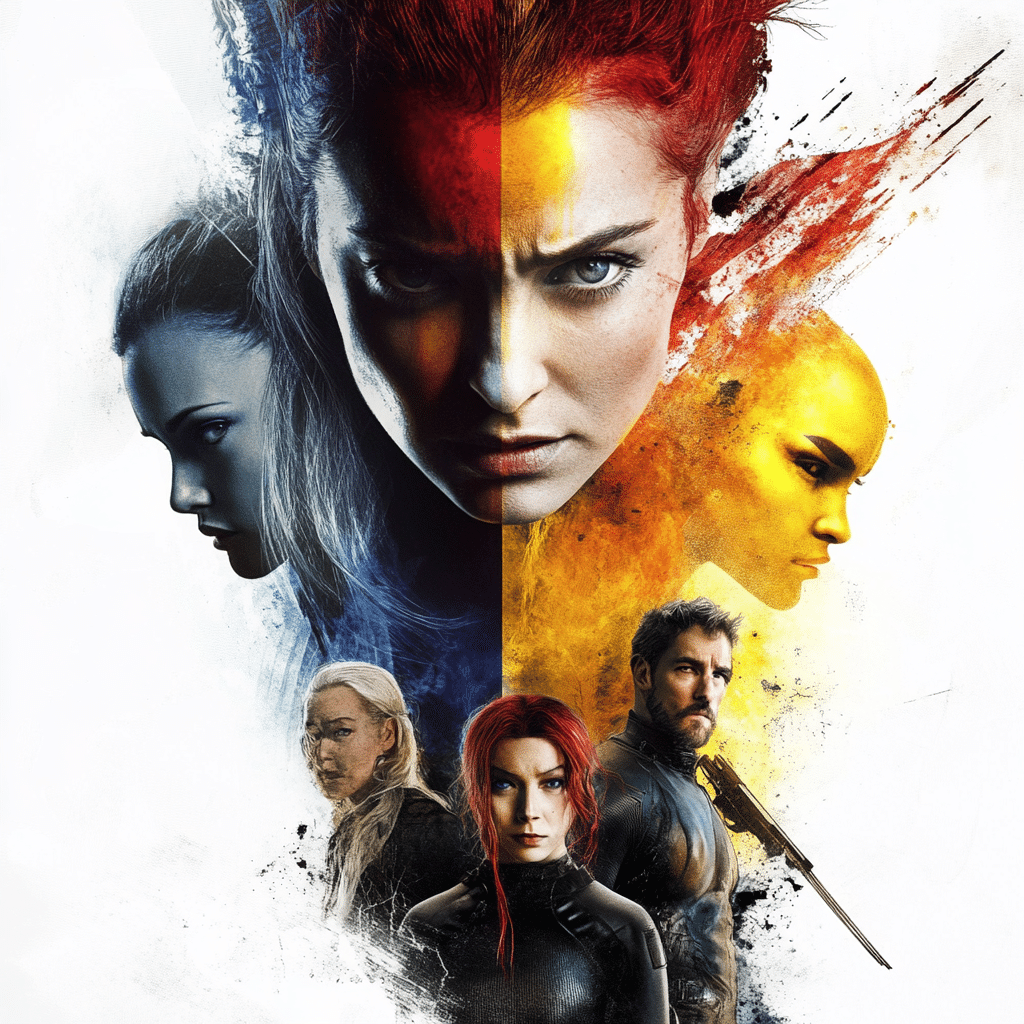
X-Men First Class: The Impact of the Prequel on a Legacy
“X-Men: First Class,” released in 2011, didn’t just retell the origin story; it infused new life into the franchise. This film marked a significant departure from the traditional superhero narrative, focusing more on character development instead of just flashy action sequences. We’re drawn into the heartfelt friendship and conflict between Charles Xavier and Erik Lensherr, set against the high-stakes backdrop of history.
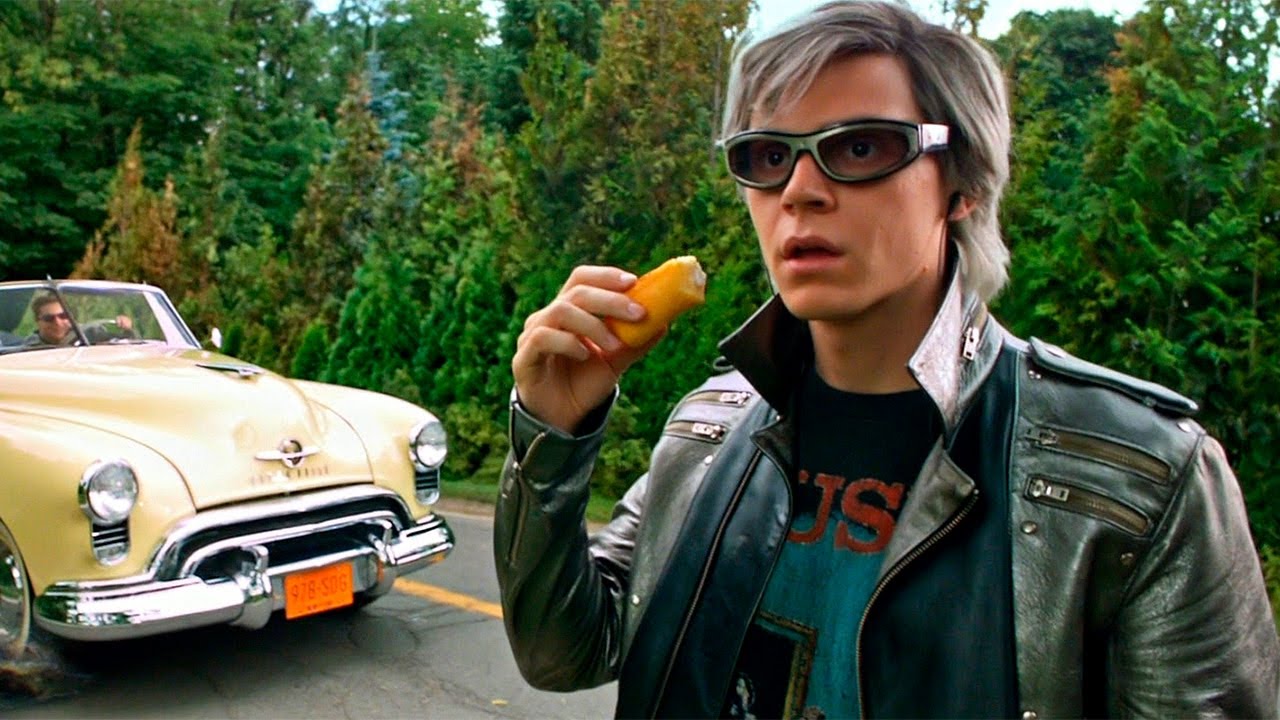
Key Factors Behind Its Success:
By prioritizing character origins, “X-Men: First Class” not only revitalized the franchise but also served as a literary stepping stone for future installments. Its emphasis on relationships and moral complexities ensures its standing as a substantial contributor to superhero cinema.
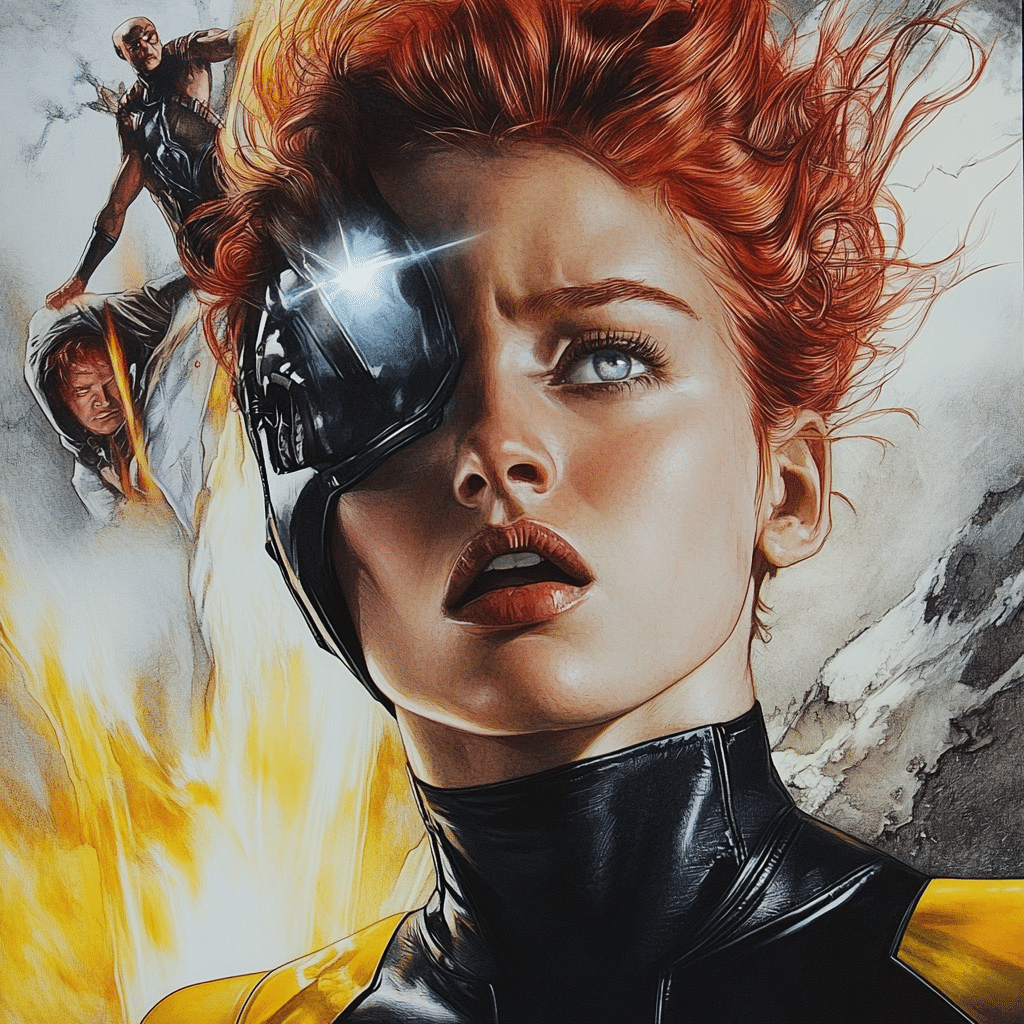
A Timeless Legacy
At its core, the X-Men franchise extends far beyond comic books and cinematic adaptations. It encapsulates the joys and struggles of what it means to be human, even when you’re gifted (or cursed) with extraordinary abilities. The narrative threads of identity, acceptance, and the balance of power ground the stories in real-world experiences, allowing generations of audiences to connect deeply.
Whether you’re flipping through the pages of comic books or enjoying the cinematic spectacle on the big screen, the X-Men cast a long shadow in pop culture. Their lessons on courage, acceptance, and resilience speak to our collective journey, solidifying their place not just as heroes in capes but as reflections of our own personal battles. So, the next time you tune into a new X-Men adventure, remember: these stories aren’t just for entertainment; they’re an invitation to reflect on ourselves and the world we live in.
Whether or not you’re a fan, the X-Men offer a unique blend of action and introspection in a way few franchises can. Their influence is timeless and continues to inspire from new comics to films like “The Marvels” and beyond. So, who knows what new layers we’ll discover as the X-Men saga unfolds further?
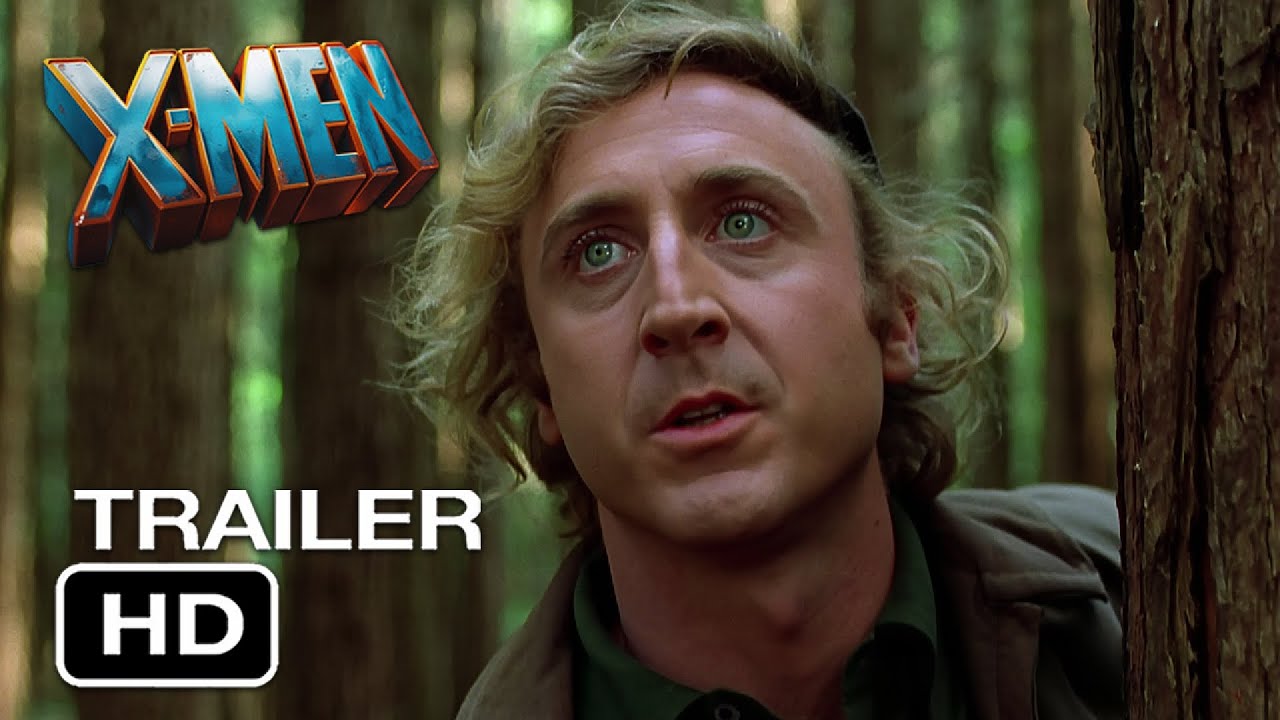
X Men: Iconic Heroes and Timeless Stories That Captivate
The Origins of the X Men
Did you know that the X Men, created by writer Stan Lee and artist Jack Kirby, first graced the pages of Marvel Comics in 1963? The team debuted during a time of social upheaval, mirroring real-world issues like discrimination and acceptance. These themes resonate today, often seen in various storytelling methods, much like the approach used in fresh films like The Marvels – check out the reviews for the latest take on diverse storytelling. Speaking of impactful narratives, just as true crime Documentaries reveal hidden truths, the X Men invite fans to explore complicated issues through the lens of mutant powers and struggles.
Iconic Characters and Their Evolution
Over the decades, characters like Cyclops and Jean Grey have become omnipresent symbols of heroism and sacrifice, echoing real-life legends like Burgess Meredith, who portrayed iconic characters in his career. Besides raw power, X Men heroes often deal with internal conflicts, a concept that’s as layered as the big five personality test—revealing not just how they act but why they act. With complex backgrounds and evolving arcs, the X Men captivate audiences, making every storyline exhilarating and relatable.
A Cultural Impact That Sticks
Interestingly, the X Men franchise has generated a collective impact far beyond comic pages. The themes of acceptance and the fight for equality reflect struggles in society, drawing parallels to historical texts that provoke thought, like Mein Kampf—though vastly different in context, both can spark significant discussions. The narrative threads interweave with other genres, even spilling over into gaming examples like Dragon Age: The Veilguard, illustrating the alluring blend of storytelling in different formats. Ultimately, the X Men stories maintain a timeless quality, transcending generations as they continue to be reimagined in films, shows, and beyond, much like how reality shows like The Golden bachelorette captivate viewers with their unique storytelling.
In summary, whether through character arcs, expected or surprising twists, or their resonant themes, the X Men stand as a testament to the power of storytelling, reminding us that heroes can wear many forms. As fans delve into their adventures, they find more than just action; they uncover a rich tapestry that reflects our world, inviting continuous conversation and excitement.
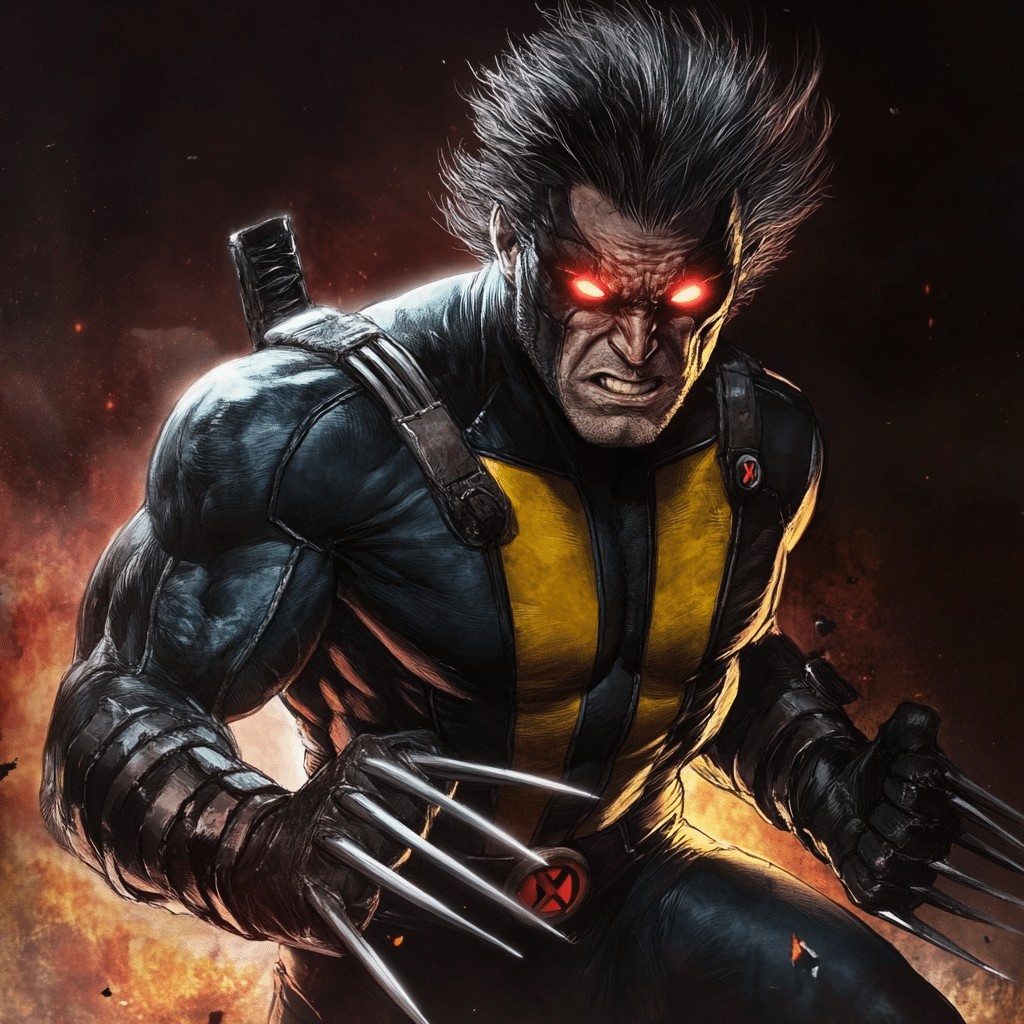
Who are the 6 original X-Men?
The original six X-Men are Cyclops, Jean Grey, Beast, Iceman, Angel, and Professor X.
Who is the strongest X-Men?
While it’s debatable, many fans and comic book experts consider Jean Grey, especially in her Phoenix form, to be the strongest X-Men, given her reality-altering abilities.
In what order should I watch the X-Men?
To watch the X-Men movies, a popular order is to start with the original trilogy: X-Men (2000), X2: X-Men United (2003), and X-Men: The Last Stand (2006), then move on to X-Men: First Class (2011), followed by the rest of the series, including Wolverine films and Deadpool.
Who are the 5 original X-Men?
The five original X-Men are Cyclops, Jean Grey, Beast, Iceman, and Angel.
Who is the forgotten X-Men?
Gambit is often referred to as the forgotten X-Men because despite his popularity, he hasn’t had as much screen time in films compared to other characters.
Why did Beast turn blue?
Beast turned blue after undergoing a transformation connected to a mutant serum he used, which changed his physical appearance and gave him enhanced abilities.
Why is Jean Grey so powerful?
Jean Grey is so powerful largely due to her telepathic and telekinetic abilities, which are magnified when she becomes the Phoenix, tapping into a cosmic force.
Who can beat Juggernaut X-Men?
In the X-Men universe, characters like Scarlet Witch or Squirrel Girl are often mentioned as being able to beat Juggernaut, given their unique powers that can negate or bypass his formidable strength.
What level mutant is Wolverine?
Wolverine is classified as an alpha-level mutant because of his healing factor, enhanced senses, and adamantium skeleton.
How old was Hugh Jackman in X-Men?
Hugh Jackman was 30 years old when he first appeared as Wolverine in the 2000 film X-Men.
Why are X-Men movies not in order?
X-Men movies aren’t in chronological order mostly because the filmmakers often prioritize story arcs and character development over strict timelines.
Is Deadpool a mutant?
Yes, Deadpool is a mutant, known for his healing factor and, of course, his iconic sense of humor, which sometimes makes light of his abilities.
Who is X-Men’s main nemesis?
Magneto is often considered the X-Men’s main nemesis, standing as a constant ideological and physical adversary to Professor X and his team.
Who are the 5 mutants?
The five mutants typically recognized in the X-Men lore are Cyclops, Jean Grey, Gambit, Rogue, and Nightcrawler.
Who is Creed in X-Men?
Creed in X-Men refers to Victor Creed, commonly known as Sabretooth, who is Wolverine’s long-time foe, sharing many similarities and rivalries with him.
Who were the original first X-Men?
The original first X-Men depicted in the comics in 1963 were Cyclops, Jean Grey, Beast, Iceman, and Angel, led by Professor X.
Who is the 6 arm mutant in X-Men?
The six-arm mutant in X-Men is called the “Mister Sinister” character known as the “Six-Armed Man,” who is a notable figure in various storylines.
Who are the original X-Men team members?
The original team members of the X-Men in 1963 include Cyclops, Jean Grey, Beast, Iceman, Angel, and Professor X.

